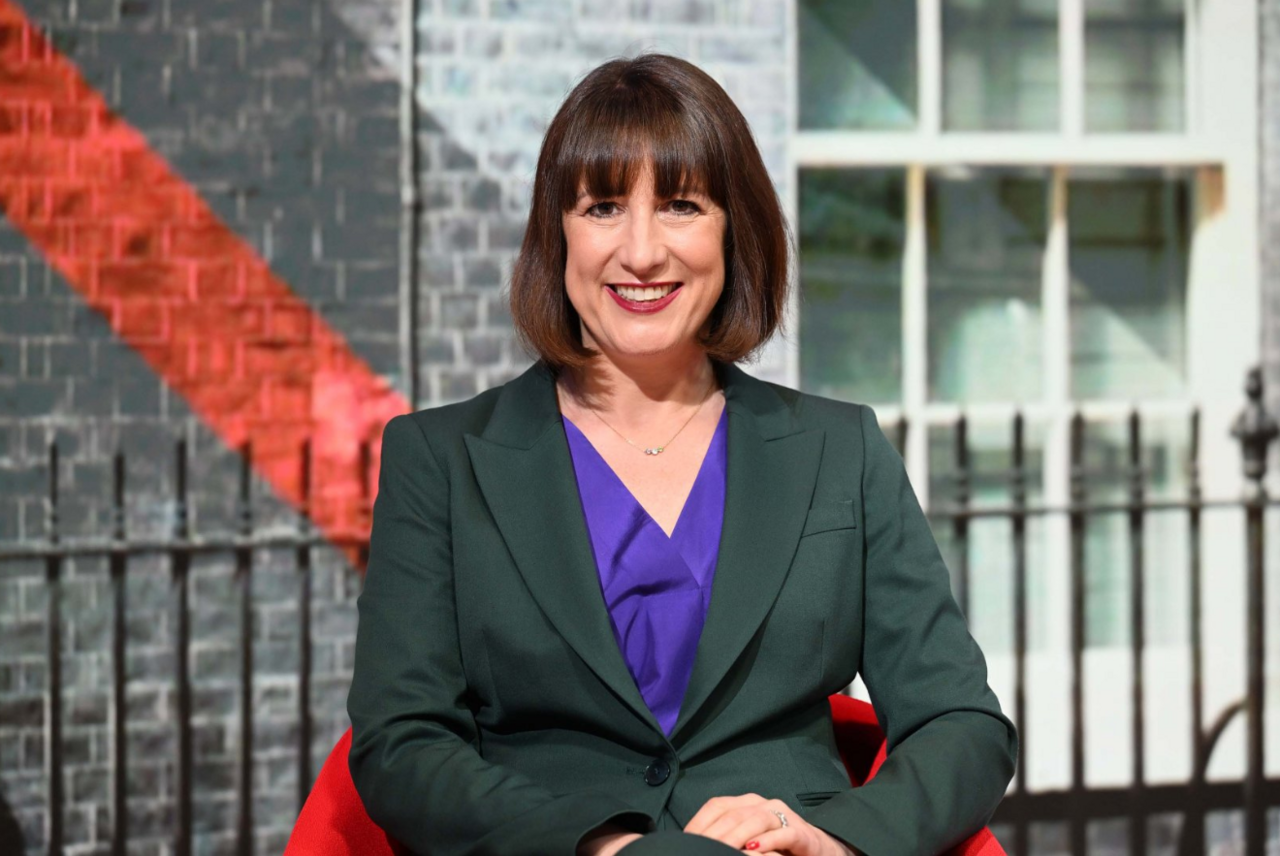Mandatory national service would 'get young people out of their bubble'
Cleverly: National service would 'address fragmented society'
- Published
National service would engage young people in society again when "too many live in their own bubble", Home Secretary James Cleverly has told the BBC.
The Conservatives have pledged that, if they win the general election, 18-year-olds will have to take part in a scheme involving military or non-military service.
Mr Cleverly said it would "address the fragmentation in society" - but added that sending people to jail for not taking part was not being proposed.
Labour said the plan was "a desperate gimmick" with no viable funding.
What is the Tory national service plan and how might it work?
- Published27 May 2024
Britain must train citizen army, military chief warns
- Published24 January 2024
Could the UK's 'pre-war generation' become a citizen army?
- Published25 January 2024
Mr Cleverly told the BBC's Sunday with Laura Kuenssberg programme the move was about "coming together".
"Too many young people are living in their own bubble, whether that's a digital bubble or a social bubble.
"We want to get back to a situation where young people are mixing with people - in different areas, different economic groups, different religions - to try and find a way of addressing the kind of fragmentation that we see too much of," he said.
The Conservatives say the scheme would involve 30,000 selective military placements where "the brightest and best" volunteers would get involved in cyber security, logistics, or civil response operations full-time for a year.
Everyone else would do 25 days, or one weekend a month for a year, with non-military organisations including the fire service, the police, the NHS or charities.
The armed forces placements were "a small element" of the plan, Mr Cleverly said, as "nobody will be compelled to do the military bit".
"There's going to be no criminal sanction. There's no one going to jail over this," he told Sky News.
Mr Cleverly insisted the plan was "fully funded", with £1.5bn diverted from levelling up's UK Shared Prosperity Fund from 2028. A further £1bn would come from a crackdown on tax avoidance and evasion, the Tories say.

Appearing on the same programme, Labour's shadow chancellor Rachel Reeves said: "This is just another gimmick, a desperate gimmick from the Conservative Party with no viable means of funding it.
"One minute they say levelling up is really important, then they raid the levelling up budget and say it's going to be used for national service.
"This is just another example, I'm afraid, of a gimmick where the sums don't add up."
Reform UK's honorary president Nigel Farage labelled the plan "a joke" and "totally impractical".
He accused the Conservatives of making policy based on "a focus group of half a dozen Reform voters" who supported national service.
"When you're a weak leader - and Sunak is not a leader in any way at all - you're a follower, so you follow what the focus groups say.
"It's totally impractical - the Army has shrunk from 100,000 to 75,000 in 14 years of conservatism and, most interestingly, we have a growing number of young people in this country who do not subscribe to British values, in fact loathe much of what we stand for," he said.
On Thursday, defence personnel minister Andrew Murrison told MPs there were no plans to reintroduce "any form of national service".
Liberal Democrat leader Sir Ed Davey dismissed the scheme as “nonsense”.
Campaigning in Cambridgeshire, he said the Conservatives had "undermined the armed forces for too long". They needed “professional soldiers, not people there for one year”, he added.
SNP deputy leader Keith Brown said the plan was only "half-thought through" and proper investment was needed to boost recruitment to the armed forces.
Mr Brown, a former Royal Marine, said the Conservatives were "trying to put a sticking plaster on the future of young people and the future of the armed forces and it's not going to work"
The Scottish Conservatives welcomed the initiative, noting that Scandinavian countries had similar systems.
Plaid Cymru's Westminster leader Liz Saville-Roberts described the plan as "bonkers", suggesting the Tory offer to young people appeared to be "we’ll scrap investment in your futures and force you to join the army".
Green Party co-leader, Carla Denyer said the policy was "removed from reality".
"It's not what our military needs and it certainly isn’t what our young people need.
"What young people tell us they need is access to the housing market, to higher education that doesn’t plunge them into debt, and to meaningful jobs that pay well - not military conscription," she said.
Away from Westminster, Northern Powerhouse leaders said they had already seen regional funds slashed when EU structural money was replaced by the UK Shared Prosperity Fund following Brexit.
This money now looked to be cut by another £600m under this plan, said Northern Powerhouse Partnership chief executive Henri Murison.
“The areas which voted to leave and promised they would be better, not worse off in funding terms, will have their monies sent to pay for a scheme which will do little or nothing to remove the huge disparities between North and South in this country."